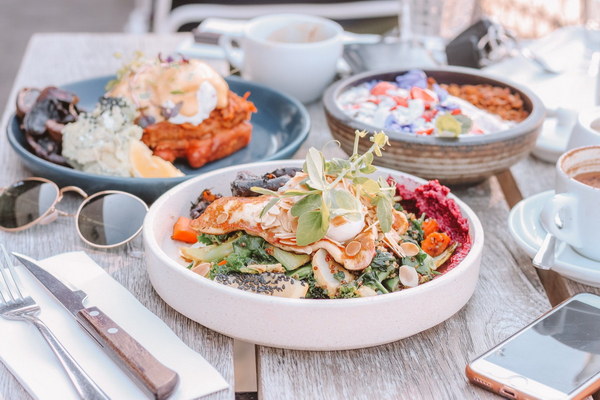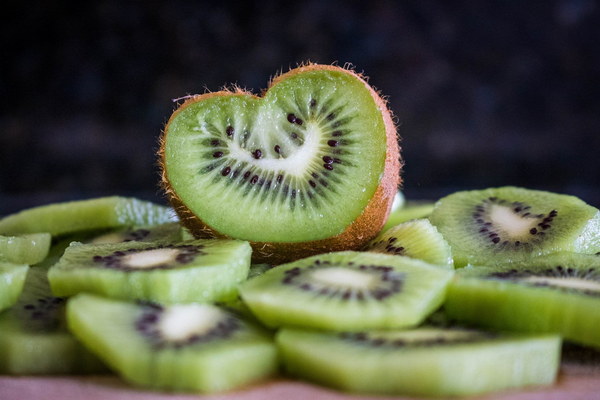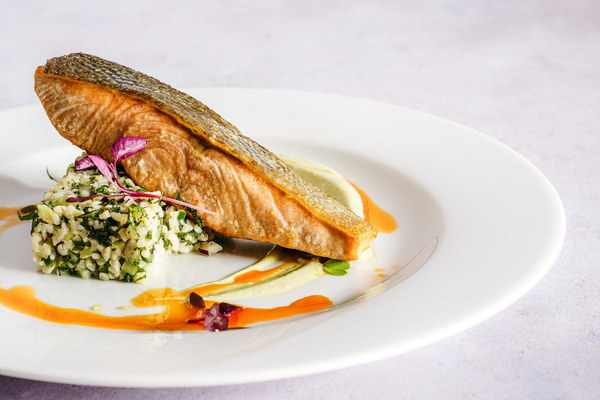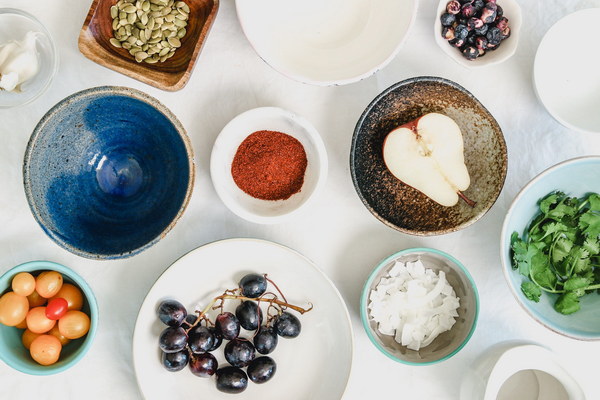Nourishing Your Way to Health A Comprehensive Guide to Nutritional Support for Chronic Hepatitis B
Introduction:
Chronic Hepatitis B (CHB) is a serious liver condition that requires careful management and proper nutrition. While medication is crucial for treating CHB, dietary changes can play a significant role in supporting liver health and enhancing the body's ability to fight the virus. This article provides a comprehensive guide to nutritional support for individuals with chronic Hepatitis B, offering tips on the best foods to include in your diet, as well as those to avoid.
1. Importance of Nutrition in Chronic Hepatitis B:
Proper nutrition is essential for managing CHB, as it can help reduce liver inflammation, improve liver function, and strengthen the immune system. By incorporating the right foods into your diet, you can support your body's natural defenses and improve your overall well-being.
2. Best Foods for Chronic Hepatitis B:
a. Fruits and Vegetables: Rich in vitamins, minerals, and antioxidants, fruits and vegetables can help protect the liver and support immune function. Aim for a variety of colors to ensure a wide range of nutrients. Some recommended options include:
- Leafy greens (spinach, kale, and Swiss chard)
- Cruciferous vegetables (broccoli, cauliflower, and Brussels sprouts)
- Berries (strawberries, blueberries, and raspberries)
- Citrus fruits (oranges, lemons, and grapefruits)
b. Lean Proteins: High-quality proteins help repair liver cells and support immune function. Choose lean sources such as:
- Chicken breast
- Turkey
- Fish (tuna, salmon, and mackerel)
- Eggs
- Legumes (lentils, chickpeas, and beans)
c. Healthy Fats: Monounsaturated and polyunsaturated fats, found in foods like nuts, seeds, and avocados, can help reduce inflammation and support liver health. Incorporate the following into your diet:
- Almonds, walnuts, and flaxseeds
- Avocados
- Olive oil
- Fatty fish (salmon, sardines, and mackerel)
d. Whole Grains: Complex carbohydrates found in whole grains can provide sustained energy and support liver health. Opt for:
- Brown rice
- Quinoa
- Oats
- Barley
3. Foods to Avoid in Chronic Hepatitis B:
a. High-Fat Foods: High-fat diets can exacerbate liver inflammation and hinder liver function. Avoid fried foods, processed snacks, and foods high in saturated fats.
b. High-Sugar Foods: Excessive sugar consumption can promote liver damage and increase the risk of diabetes. Limit your intake of sugary drinks, desserts, and processed foods.
c. Alcohol: Alcohol can worsen liver inflammation and damage liver cells. It is crucial to avoid alcohol entirely if you have CHB.
d. Trans Fats: Trans fats are harmful fats found in many processed foods and baked goods. They can increase the risk of heart disease and worsen liver inflammation. Opt for trans-fat-free products and avoid fried foods.

4. Tips for Meal Planning:
a. Aim for a balanced diet: Incorporate a variety of foods from each food group to ensure you receive a wide range of nutrients.
b. Stay hydrated: Drink plenty of water throughout the day to support liver function and overall hydration.
c. Moderate portion sizes: Avoid overeating, as excessive calorie intake can lead to weight gain and worsen liver inflammation.
d. Plan ahead: Meal prep and planning can help ensure you make healthy choices throughout the week.
Conclusion:
Nutritional support is a crucial aspect of managing chronic Hepatitis B. By incorporating the right foods into your diet and avoiding those that can worsen your condition, you can support your liver health and enhance your overall well-being. Consult with a healthcare professional or registered dietitian for personalized dietary recommendations tailored to your specific needs.









